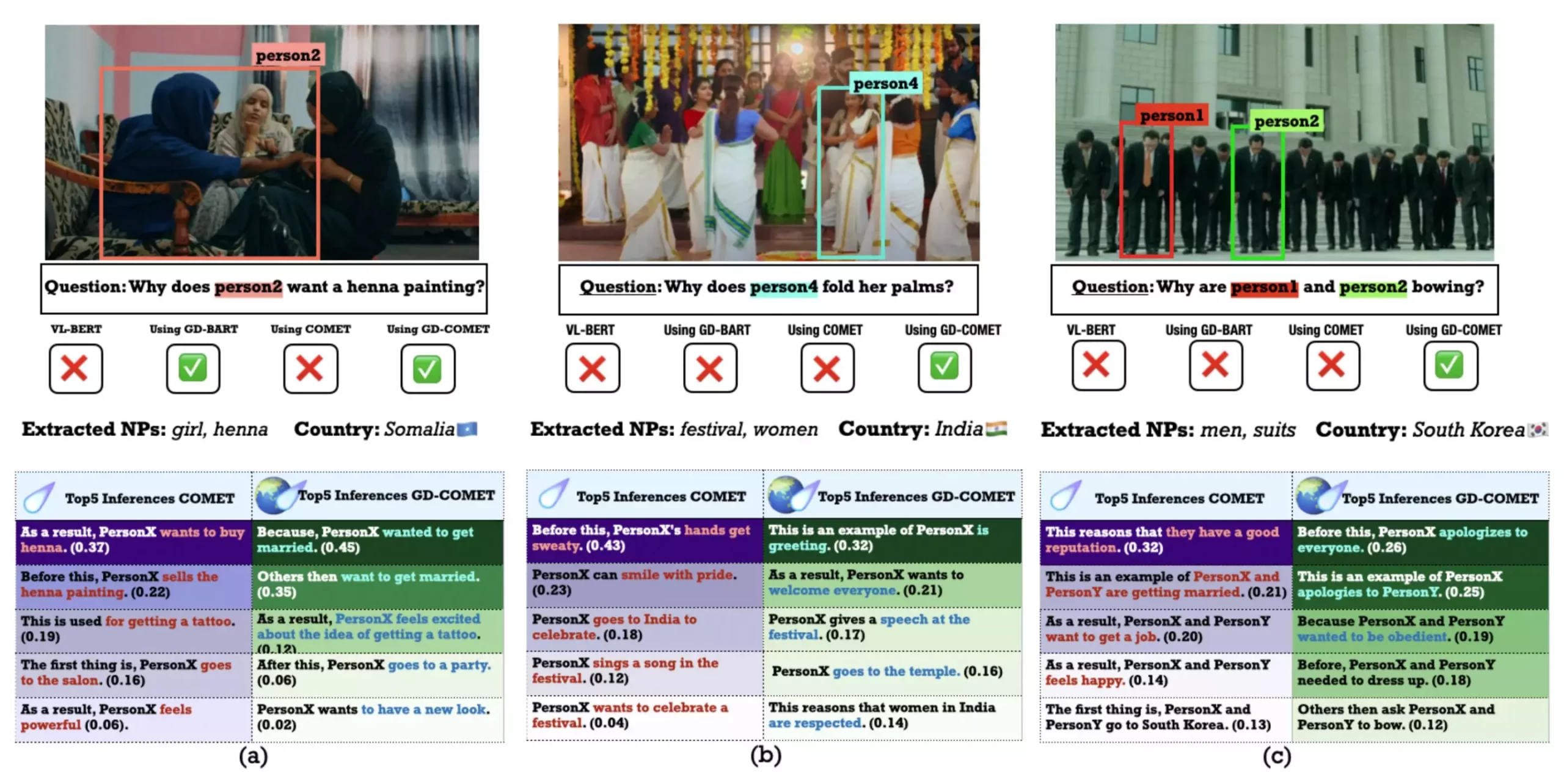Artificial intelligence (AI) language models have made significant advancements, with ChatGPT emerging as the current frontrunner. These models can accomplish a wide range of tasks, from drafting legal documents to composing movie scripts. However, they still lack the ability to reason like humans. In this article, we delve into the significance of reasoning in AI and the importance of training these models using diverse datasets from different cultures.
Dr. Vered Shwartz, an assistant professor in the UBC department of computer science, highlights the fundamental difference between large language models like ChatGPT and humans. Language models acquire knowledge from reading extensive amounts of text, essentially the entire internet, allowing them to recognize patterns and generate information. However, their limitations lie in their inability to reason. Humans, on the other hand, possess reasoning abilities that go beyond explicit information. We utilize logic and common sense to derive meaning from contextual cues, making our understanding of the world more comprehensive.
Mehar Bhatia, a masters student, emphasizes the need for AI models to possess reasoning capabilities. As AI increasingly takes on various tasks, it is impractical to manually encode every common-sense rule into these machines. Instead, we aim for AI models to understand specific contexts and determine the appropriate course of action. Incorporating common-sense reasoning into existing models like ChatGPT would enable more accurate responses, leading to the development of powerful tools for human use.
While current AI models exhibit some degree of common-sense reasoning, there is still ample room for improvement. Dr. Shwartz acknowledges that solely training models on vast amounts of data will only yield limited progress. Human intervention and adequate training are essential to refine these models, and this includes providing them with the right data. Furthermore, language models predominantly trained on English text from North America incur a bias towards Western culture and may exhibit a lack of awareness regarding concepts from other cultures or perpetuate stereotypes.
In a recent study published in the Proceedings of the 2023 Conference on Empirical Methods in Natural Language Processing, Dr. Shwartz and Bhatia found that incorporating data from diverse cultures, including India, Nigeria, and South Korea, led to more accurate and culturally informed responses in common-sense reasoning models. They illustrate this with an example where a culturally diverse model correctly inferred that a woman in Somalia receiving a henna tattoo was likely getting married, as opposed to assuming she wanted to purchase henna.
The researchers also highlighted instances where ChatGPT demonstrated a lack of cultural awareness. For instance, when presented with a hypothetical scenario of a couple tipping four percent in a Spanish restaurant, the model suggested they may have been dissatisfied with the service. This assumption relies on North American tipping culture, disregarding the fact that tipping is not customary in Spain. Understanding cultural nuances is crucial to prevent inaccuracies and discriminatory outputs.
An important concern with language models is their widespread usage. If these models are rooted in Western or North American values and norms, the information they generate about people from other cultures may be inaccurate and discriminatory. Additionally, individuals from diverse backgrounds utilizing English-based AI models might need to adapt their inputs to conform to North American norms, potentially leading to suboptimal performance. Bhatia emphasizes the need for inclusivity, diversity, and cultural sensitivity in the development and deployment of AI technologies, ensuring that these tools are accessible to everyone.
The integration of reasoning capabilities into AI language models presents an exciting avenue for advancements in technology. However, to maximize their potential, it is imperative to train these models on diverse datasets from different cultures. Understanding and respecting cultural nuances will not only improve the accuracy of AI responses but also foster inclusivity and ensure equal access to AI-powered tools. Dr. Shwartz and Bhatia’s research highlights the significance of cultural diversity in AI, emphasizing the need for ongoing efforts to develop and deploy AI technologies that are sensitive, unbiased, and considerate of the complexities of our diverse world.


Leave a Reply